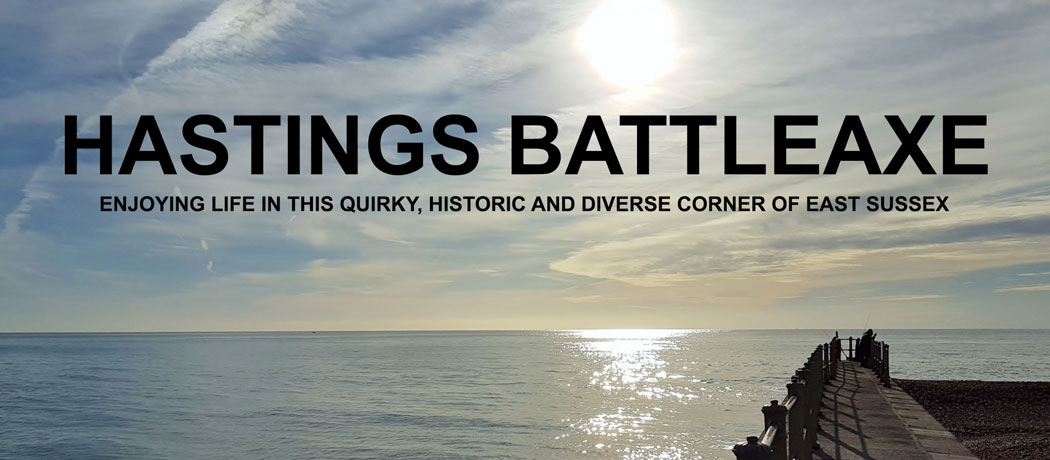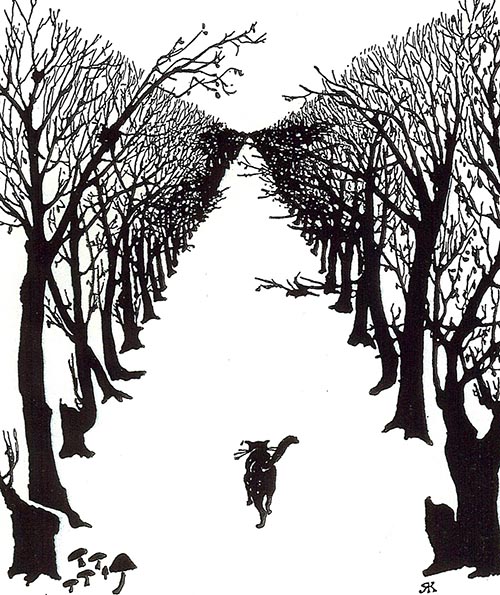Having returned from Turkey in the small hours, later the same day Battleaxe was lurching through the Sussex lanes on a coach. Feeling very groggy, she was with twenty-five cheerful WI ladies, heading for Bateman’s, Rudyard Kipling’s home at Burwash, seventeen miles from Hastings.
 |
| Bateman’s – front of the house |
It was a beautiful, clear autumn day, sunny, brilliant blue sky, so I was quite happy to roll along. I even managed the necessary shouting about getting back to the coach on time etc. At least once a year, we organise heavily subsidised/free outings, with a coach, to ensure all members have the opportunity to join in. In addition, Gary Enstone, the Bateman’s House Manager, is coming to our next WI meeting to talk about the house and Kipling.
I’ve been to Bateman’s once before with Philosopher, quite soon after we moved down here, and they do seem to have developed the facilities and amenities since that earlier visit. The shop is excellent…
The C17 house was Rudyard Kipling’s home from 1902 until his death in 1936, and remains exactly as it was when he and his family lived in the house – mostly very dark. The most memorable room is Kipling’s study. However, much of his most famous work, including ‘The Jungle Books’, was written before Kipling came to Bateman’s.
Interestingly, we visited exactly one hundred years to the day after Kipling’s son John, aged 18, was reported missing at the Battle of Loos in WW1. It is a sad story. The boy was turned down several times because of poor eyesight, and only ended up on active service after his father lobbied in high places to get him a commission. Kipling was devastated by John’s death, and never totally recovered from it. His poem, ‘My Boy Jack’, overtly about the Battle of Jutland but probably about his son, was written in 1915, before John’s death was finally confirmed:
“HAVE you news of my boy Jack? “
Not this tide.
“When d’you think that he’ll come back?”
Not with this wind blowing, and this tide.
“Has any one else had word of him?”
Not this tide.
For what is sunk will hardly swim,
Not with this wind blowing, and this tide.
“Oh, dear, what comfort can I find?”
None this tide,
Nor any tide,
Except he did not shame his kind—
Not even with that wind blowing, and that tide.
Then hold your head up all the more,
This tide,
And every tide;
Because he was the son you bore,
And gave to that wind blowing and that tide.
Some of the photos in this post are mine, and some come from the National Trust website – it was difficult to take photos inside the house.
 |
| Bateman’s – the front hall |
 |
| Kipling’s work table |
Bateman’s must be one of the National Trust’s smaller properties, but there was plenty to keep us going for an afternoon, with tea-breaks in the essential National Trust tea-room. Why are the queues in those establishments always so slow? It always seems to be the case that some old buffers right in front of you want a bean-by-bean breakdown of the origins of the coffee, or the recipe for the tea-bread, or require some organic gluten-free customised whatever.
So, what of Kipling? His work is still unfashionable, and can easily be dismissed as unappealingly jingoistic. When you look at some of his writings, you can see why. Check this out! But although some of his writing does look dated to modern eyes, plenty of his work is powerful and timeless. His most famous poem ‘If’ was judged Britain’s favourite poem in 1995.
When I was younger, I loved Kipling’s dog poems and stories, and when I was a lonely little girl at boarding school, I identified with The Cat who Walked By Himself…..
In addition to the house, you can see Kipling’s ‘magnificent one-thousand-two-hundred-guinea motor-car’ on display. That quote comes from Alan Judd’s 1991 biography of Ford Madox Ford, from a Ford anecdote about Henry James. James clearly regarded the more famous Kipling with a mixture of envy for the ‘rewards accruing from his enviable popularity’, and amusement at his probable awkward pomposity. I can’t quote the whole piece for space reasons, but the waspish James took unsuitable pleasure, including ‘humorous gasps’ and ‘low chuckling’ when the expensive motor car seized, through lack of lubrication, between Rye and Burwash, ‘which should be pronounced Burridge’.
We all spent time pottering round the garden. It is not a big garden, but has some fine old trees, and the roses were looking good.






Comments from Google+